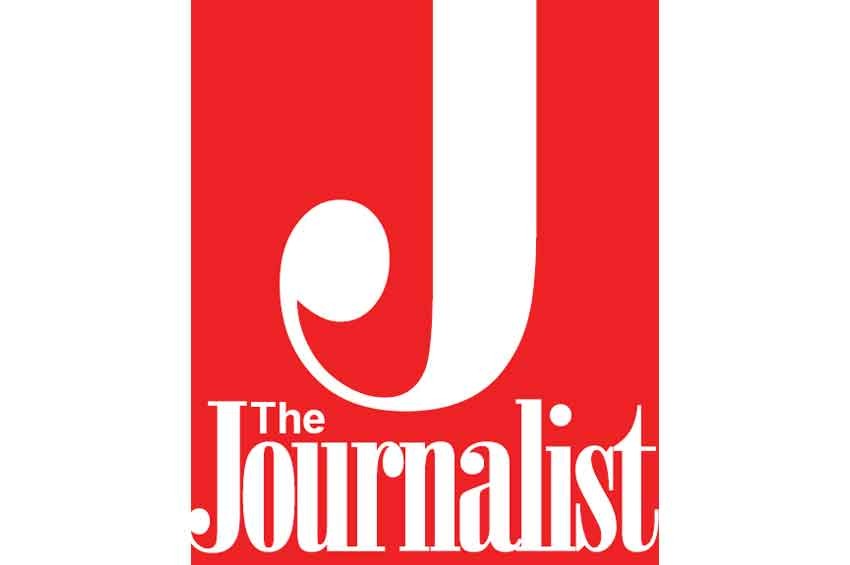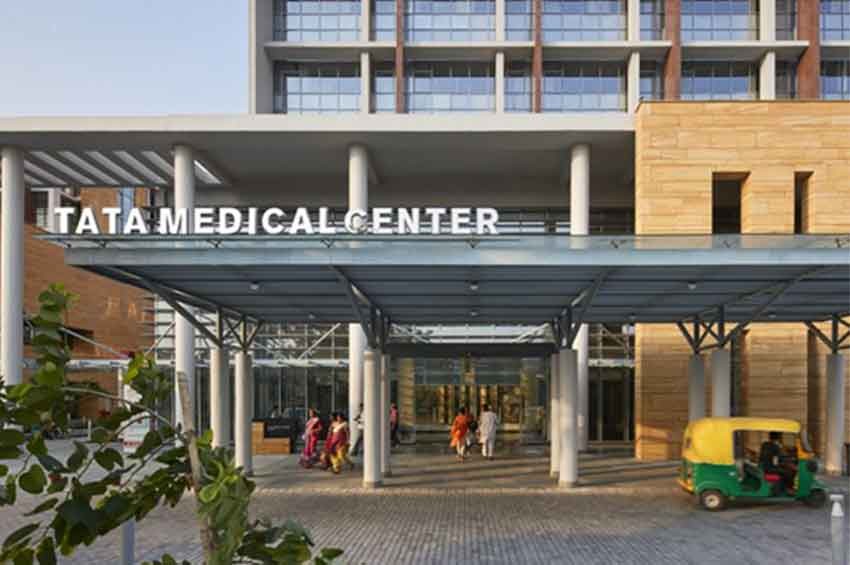Like a windstorm, the Royal Civil Service Commission’s (RCSC) leadership assessment blew over the houses of 47 executives and made other civil servants nervous. Apart from the RCSC maintaining that the reforms are still being carried out, the people really do not know what is happening. Nonetheless, just as there is a calm after a storm, things appear to have settled down.
The need for reforms in the RCSC and education, which emanated from the Golden Throne is for the long-term benefit of the country. Everyone, evens those managed out, should and would have understood this. But in running the machinery called the government, it is not only civil servants who have to be effective, efficient and accountable. There are several other agencies, such as Druk Holdings and Investments (DHI), state owned enterprises (SOES), autonomous agencies, the armed forces and others, who are equally, if not more important than civil servants. His Majesty’s vision of Bhutan is one where every Bhutanese play equally important parts in their own ways, with accountability at the back of their minds; love the country intelligently and become global citizens who are more effective and efficient compared to people from other countries. And for a small country, this is essential. Thus, every agency and individual is equally important, due to which reforms are required in all agencies. Is anything happening apart from the ongoing exercises in the civil service?
Some media reported earlier that assessments of DHI companies had begun. The same was said about SOEs. We have not heard anything about the Judiciary and autonomous agencies like the election commission of Bhutan.
But we are yet to hear the results of assessments conducted for DHI companies and SOEs. Just like civil servants who are shy of speaking, perhaps DHI and SOE employees are also concerned about speaking to the media, for the country has heard nothing about the results of assessments in these two agencies. Rather, there are people saying that the DHI and SOE assessments were just eye-washes to show that the two agencies are also doing something. Others say DHI assessments were not leadership assessments but an exercise to see how companies under DHI are performing.
Further, there is another school of thought, comprising mainly of civil servants, who say that assessment of the civil service does not mean that all is well in DHI and companies under it. This group justifies that based on the perks, especially the amount that goes into the accounts of DHI and DHI company employees, they should be giving more to the country. But one established and uniform thought of this group is that senior leaders of DHI and DHI companies should be assessed and managed out or made to work in a lower position, if they do not reach the benchmark required.
These are people exercising their freedom of expression – something everyone these days seem to have taken as an anti-dote for COVID 19. Nonetheless, it makes sense. For instance, what use is an effective and efficient civil service if the commercial arm of the government and the judiciary are weak?
As a civil servant mentioned in humour, if the Judiciary is assessed, many may be managed out and the Courts might not have Drangpons. But this will not be the case with DHI and companies under it. There will be several people, including civil servants who would want to sit on the chairs of the numerous directors and chief executive officers of DHI companies.
It may be wrong to term it an “ego-clash,” but civil servants carry the feeling that employees working for DHI think they are better in all fields compared to civil servants. Similarly, employees of DHI companies feel that those in DHI think they are better. Competition is good as long as it is healthy. But in a small society, where Chinese whispers flourish, all these lead to cracks in the social fabric.
DHI was established under Royal Charter on November 11, 2007, to hold and manage the existing and future investments of the Royal Government of Bhutan for the long term benefit of its shareholders, the people of Bhutan. It was established by His Majesty “Recognizing the need to accelerate socio-economic development to achieve the goals of Gross National Happiness for our people; Realizing that the national wealth belongs to the people, and should be safeguarded for all generations of Bhutanese and therefore must be managed and enhanced through prudent investments; Conscious of the need to build a strong dynamic economy as the foundation for a vibrant democracy; Considering the close and friendly relationship with India, which is a global economic power, and the need to further enhance the economic partnerships between the two peoples; and Taking into account the need to conscientiously lead and stimulate private sector development through a culture of innovation, creativity and enterprise, while preventing the spread of corruption and other undesirable activities.” The end is “to promote the competitiveness of Bhutan’s economy by transforming companies with government share holding into highly efficient and productive companies that strive for excellence.”
The above spells out the importance of DHI and thus the need of DHI employees to be efficient, effective, accountable, and transparent. DHI is accountable to hold and manage the existing and future investments of the Royal Government of Bhutan for the long term benefit of its shareholders, the people of Bhutan.
It would be logical to say that if something is not important, an assessment is not required. The importance of the civil service led to the reforms that are underway. Similarly, considering how important DHI and companies under it are, an assessment of those working there is required, for people within the house will not be able to decipher the writings on the walls. Who would have thought that 47 senior civil servants would not make the mark required? Equally, only an assessment can say if leaders in DHI have components that make a leader especially as the nation prepares for a leapfrog in development.
By Tandin Wangchuk, Babesa
(Edited for space and clarity)
The need for reforms in the RCSC and education, which emanated from the Golden Throne is for the long-term benefit of the country. Everyone, evens those managed out, should and would have understood this. But in running the machinery called the government, it is not only civil servants who have to be effective, efficient and accountable. There are several other agencies, such as Druk Holdings and Investments (DHI), state owned enterprises (SOES), autonomous agencies, the armed forces and others, who are equally, if not more important than civil servants. His Majesty’s vision of Bhutan is one where every Bhutanese play equally important parts in their own ways, with accountability at the back of their minds; love the country intelligently and become global citizens who are more effective and efficient compared to people from other countries. And for a small country, this is essential. Thus, every agency and individual is equally important, due to which reforms are required in all agencies. Is anything happening apart from the ongoing exercises in the civil service?
Some media reported earlier that assessments of DHI companies had begun. The same was said about SOEs. We have not heard anything about the Judiciary and autonomous agencies like the election commission of Bhutan.
But we are yet to hear the results of assessments conducted for DHI companies and SOEs. Just like civil servants who are shy of speaking, perhaps DHI and SOE employees are also concerned about speaking to the media, for the country has heard nothing about the results of assessments in these two agencies. Rather, there are people saying that the DHI and SOE assessments were just eye-washes to show that the two agencies are also doing something. Others say DHI assessments were not leadership assessments but an exercise to see how companies under DHI are performing.
Further, there is another school of thought, comprising mainly of civil servants, who say that assessment of the civil service does not mean that all is well in DHI and companies under it. This group justifies that based on the perks, especially the amount that goes into the accounts of DHI and DHI company employees, they should be giving more to the country. But one established and uniform thought of this group is that senior leaders of DHI and DHI companies should be assessed and managed out or made to work in a lower position, if they do not reach the benchmark required.
These are people exercising their freedom of expression – something everyone these days seem to have taken as an anti-dote for COVID 19. Nonetheless, it makes sense. For instance, what use is an effective and efficient civil service if the commercial arm of the government and the judiciary are weak?
As a civil servant mentioned in humour, if the Judiciary is assessed, many may be managed out and the Courts might not have Drangpons. But this will not be the case with DHI and companies under it. There will be several people, including civil servants who would want to sit on the chairs of the numerous directors and chief executive officers of DHI companies.
It may be wrong to term it an “ego-clash,” but civil servants carry the feeling that employees working for DHI think they are better in all fields compared to civil servants. Similarly, employees of DHI companies feel that those in DHI think they are better. Competition is good as long as it is healthy. But in a small society, where Chinese whispers flourish, all these lead to cracks in the social fabric.
DHI was established under Royal Charter on November 11, 2007, to hold and manage the existing and future investments of the Royal Government of Bhutan for the long term benefit of its shareholders, the people of Bhutan. It was established by His Majesty “Recognizing the need to accelerate socio-economic development to achieve the goals of Gross National Happiness for our people; Realizing that the national wealth belongs to the people, and should be safeguarded for all generations of Bhutanese and therefore must be managed and enhanced through prudent investments; Conscious of the need to build a strong dynamic economy as the foundation for a vibrant democracy; Considering the close and friendly relationship with India, which is a global economic power, and the need to further enhance the economic partnerships between the two peoples; and Taking into account the need to conscientiously lead and stimulate private sector development through a culture of innovation, creativity and enterprise, while preventing the spread of corruption and other undesirable activities.” The end is “to promote the competitiveness of Bhutan’s economy by transforming companies with government share holding into highly efficient and productive companies that strive for excellence.”
The above spells out the importance of DHI and thus the need of DHI employees to be efficient, effective, accountable, and transparent. DHI is accountable to hold and manage the existing and future investments of the Royal Government of Bhutan for the long term benefit of its shareholders, the people of Bhutan.
It would be logical to say that if something is not important, an assessment is not required. The importance of the civil service led to the reforms that are underway. Similarly, considering how important DHI and companies under it are, an assessment of those working there is required, for people within the house will not be able to decipher the writings on the walls. Who would have thought that 47 senior civil servants would not make the mark required? Equally, only an assessment can say if leaders in DHI have components that make a leader especially as the nation prepares for a leapfrog in development.
By Tandin Wangchuk, Babesa
(Edited for space and clarity)












